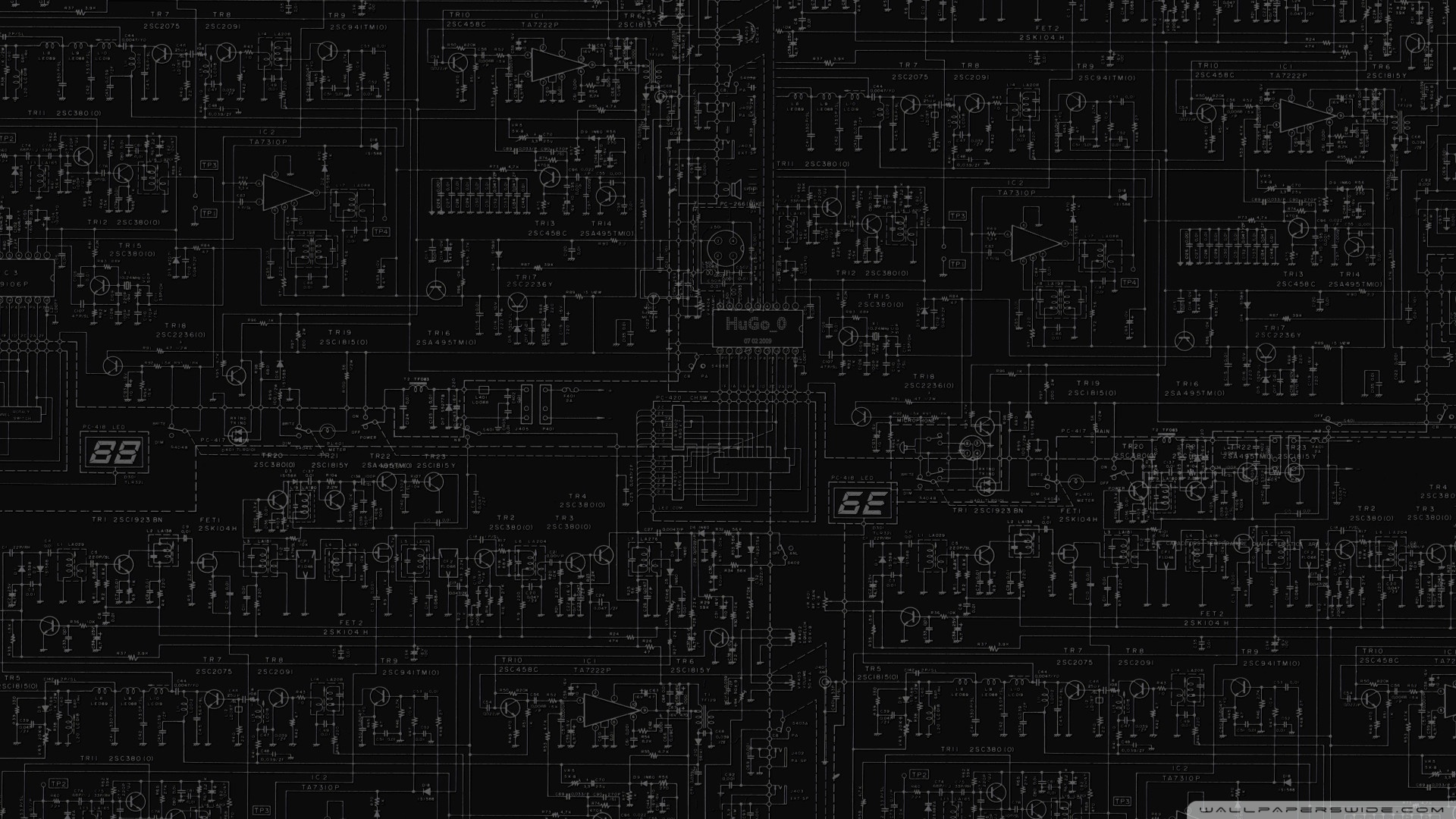Novawhite420
Well Known Member
I want to know, will a RTX 2060 super be bottlenecked by a i7 7700 3.6ghz (4.2 turbo)?





That site is not accurate at all. You can ignore it.Thanks, but I don't know how accurate it is. Because it even says a I9 10th gen will bottleneck the 2060 super.
Appreciate this alot. To give you my perspective, I have not had a chance to test the card in my system... hence I can not tell you the percentage it increased my fps.That site is not accurate at all. You can ignore it.
It makes more sense to rather consider your next upgrade based on what can get you the highest amount of extra frames for the best price. I.e. if a new CPU offers you 50% more FPS for R 5000 and a new GPU offers you 35% more frames for R 2500 then the GPU is better value. Worth bearing in mind though, in your case upgrading the CPU will mean the added cost of a new motherboard, while upgrading the GPU might mean a new PSU or even a new case.
It also depends on the game. Some games upgrading the CPU makes a big difference, others it would make no difference and a better GPU is better.
It also also depends on your resolution and desired FPS. If you're targeting 1080p with 144Hz or higher frame rates, the CPU is generally more important. If you want 4k 60Hz, the GPU is more important.
What games, resolution, and frame rate are you running at?
The thing is, it's pretty difficult to balance the CPU and the GPU perfectly, mainly for all the reasons I listed. People talk about bottlenecking to discourage the scenario of someone buying a 4090 and a 13100. But as long as you're not totally out of whack it's not vital to be perfectly balanced.Appreciate this alot. To give you my perspective, I have not had a chance to test the card in my system... hence I can not tell you the percentage it increased my fps.
I want the best possible performance for both the cpu and gpu, but just don't know which "budget" cpu (preferably amd) would work best. Sadly my current motherboard is Lga 1151 so I can't just upgrade my cpu to a i5 12600k like I want to. So if I really have to I will probably grade to a Amd motherboard and cpu.
The middle paragraph is really kinda useless, but wanted to thank you for taking the time to help out.
Thank you. Main reason I want to switch to Amd is the diversity, unlike intel which had so many chipsets...The thing is, it's pretty difficult to balance the CPU and the GPU perfectly, mainly for all the reasons I listed. People talk about bottlenecking to discourage the scenario of someone buying a 4090 and a 13100. But as long as you're not totally out of whack it's not vital to be perfectly balanced.
A good rule of thumb is to try have the value of the GPU be around the same as the value of the CPU + motherboard + RAM together, within reason. And to have a CPU and a GPU released within 3-5 years of each other.
Depending on budget, you can probably go for a used Ryzen 5600 and a matching board. That'll be a nice upgrade, and then one day if you want to squeeze even more performance out of the board, you can upgrade to a 5800X3D (or even 5700X3D, just released and looks like great value) without having to get a new board.

I'd also take this site with a big pinch of salt. On their About page they say they determine performance by taking data from other review sites, which is dodgy in the first place, as you're using data already analysed and presented rather than raw data. I doubt any of those sites have actually tested a 7700 with a 2060 in the first place, never mind in all those games.
Compare RTX 2060 SUPER vs RTX 2060 SUPER
RTX 2060 SUPER vs RTX 2060 SUPER performance comparison. Compare graphics card gaming performance benchmarks in 95 games and in 1080p, 1440p, and 4K. Compare specifications, price, power, temperature, and CPU bottlenecks.www.gpucheck.com
Ah! A glimmer of hope! This has somewhat reduced the pain I experience when I see the bottleneck cringe discussions. Thank you goldfritter, for restoring some hope.The thing is, it's pretty difficult to balance the CPU and the GPU perfectly, mainly for all the reasons I listed. People talk about bottlenecking to discourage the scenario of someone buying a 4090 and a 13100. But as long as you're not totally out of whack it's not vital to be perfectly balanced.
A good rule of thumb is to try have the value of the GPU be around the same as the value of the CPU + motherboard + RAM together, within reason. And to have a CPU and a GPU released within 3-5 years of each other.
Depending on budget, you can probably go for a used Ryzen 5600 and a matching board. That'll be a nice upgrade, and then one day if you want to squeeze even more performance out of the board, you can upgrade to a 5800X3D (or even 5700X3D, just released and looks like great value) without having to get a new board.
As long as you don't buy a Ryzen 5700 which is slower than a 5600. 🤣The thing is, it's pretty difficult to balance the CPU and the GPU perfectly, mainly for all the reasons I listed. People talk about bottlenecking to discourage the scenario of someone buying a 4090 and a 13100. But as long as you're not totally out of whack it's not vital to be perfectly balanced.
A good rule of thumb is to try have the value of the GPU be around the same as the value of the CPU + motherboard + RAM together, within reason. And to have a CPU and a GPU released within 3-5 years of each other.
Depending on budget, you can probably go for a used Ryzen 5600 and a matching board. That'll be a nice upgrade, and then one day if you want to squeeze even more performance out of the board, you can upgrade to a 5800X3D (or even 5700X3D, just released and looks like great value) without having to get a new board.
I installed my 2060 and tested it, that is where I sadly have to disagree. I watched videos and used both sites and it was totally different than any of the examples.I tend to try youtube videos for benchmarks that can hopefully answer my question. CPU scaling, bottleneck etc as search terms
There are a lot of videos with multiple benchmarks that generally can give an idea if you can't find one for a specific CPU/GPU combo.
Was thinking to just upgrade my cpu to a i7 9600k, because it is a Lga 1151. Saves me the whole motherboard upgrade.As long as you don't buy a Ryzen 5700 which is slower than a 5600. 🤣
PS. I have a 5600 and am very happy with it.
I had a standard 2060 a year or three back on a Ryzen 3300. The experience was not far removed from a 1070 I had before that.I installed my 2060 and tested it, that is where I sadly have to disagree. I watched videos and used both sites and it was totally different than any of the examples.
Ps. I am happy with the performance the 2060 gives on my rig so far.
You have a 7700 though? Different gen despite socket being the same.Was thinking to just upgrade my cpu to a i7 9600k, because it is a Lga 1151. Saves me the whole motherboard upgrade.
What I learned in these 3 days of studying the 2060 for bottlenecking issues is to test it on your rig. No one can determine how the gpu will react in your rig because not everyone always runs the exact same setup.Ah! A glimmer of hope! This has somewhat reduced the pain I experience when I see the bottleneck cringe discussions. Thank you goldfritter, for restoring some hope.
Why I want to go to a i7 9th gen is that extra boost in game more Cpu bound.You have a 7700 though? Different gen despite socket being the same.
Ja but you'll need a new motherboard is what I mean. Compatibility is 6/7 gen and the 8/9 gen use different boards.N
Why I want to go to a i7 9th gen is that extra boost in game more Cpu bound.
I don't understand. What you mean is if I want to go to a i7 9600k from my i7 7700 I will still need a new board?Ja but you'll need a new motherboard is what I mean. Compatibility is 6/7 gen and the 8/9 gen use different boards.
Thanks, but I don't know how accurate it is. Because it even says a I9 10th gen will bottleneck the 2060 super.
Yup.I don't understand. What you mean is if I want to go to a i7 9600k from my i7 7700 I will still need a new board?
I don't understand. What you mean is if I want to go to a i7 9600k from my i7 7700 I will still need a new board?
Was a discussion on the site I was recommended to check the compatibility. We ended the convo on the site is not accurate, and to take the site with a pinch of salt.Not sure how you got that, I get a 0% bottleneck with 10900K and 2060S with 1080P graphics intensive
Damn, I thought my motherboard would support the upgrade because of the sockets being the same.Yup.
Intel curse.Damn, I thought my motherboard would support the upgrade because of the sockets being the same.
I was thinking to upgrade to a Amd setup. I will probably do it when there is issues in performance, but for now the games I play and the tasks I do the performance is good.Intel curse.
That said AMD CPUs are pretty cheap now and you can get a cheapish B450 or 320 mobo and have a 6 core 12 thread setup. Just know AMD can be picky with RAM and needs to have RAM speed as high as it can go to get proper performance. Older Intel was always more tolerant of lower RAM speeds.
Damn, I thought my motherboard would support the upgrade because of the sockets being the same.
Thanks for the effort. So what are you suggesting? That the i7 7700 could be ok paired with a 2060 but the ram could also be a key player in the loss of performance?Dont stress about bottlenecksI HIGHLY doubt a 2060/70 would badly bottleneck any DDR4 i7. If it did, then either increase resolution, overclock RAM and or CPU or take the visual effects to High/V high/Ultra.
A game or application will determine if the CPU, GPU or both are being used heavily. Most games will push a GPU to 95-100% of its processor usage. If you see multiple games running , < 95% GPU usage and Youtube vids show the same game, gpu and resolution as being > what you are seeing, then you have a bottleneck. Rule of thumb - stratergy games will be heavy on CPU and GPU as there are LOTS of visual assets. Most 1st person shooters are heavy on the GPU, and less on the CPU & obv there is always the exception / the poorly optimised game (Looking at you Crysis 1 and Cyberpunk).
I'm no hardware engineer but my understanding is this -> GPU does its work and sends this to the RAM, until the CPU requests that data or frame. The CPU and GPU do not communicate directly, atleast to the best of my knowledge.
Now if you take a i7 7700 and put a 2080Ti in there and play 1080p games, even on ultra, there will be a bottleneck. Going to 1440p or 2k resolution would likely remove the bottleneck completely. Under this scenario, if you overclock the RAM (lets say DDr4 3200) you'd likely see a reasonable increase in the FPS when going to DDR4 3600Mhz. Basically a newer, more efficient GPU needs faster RAM to be able to feed the older CPU adequitly.
Ways to introduce a "bottleneck" on your GPU - play at 2-4k resolution (higher resolution = more pixels generated per second = more load on GPU and increased load on the CPU when those higher resolution frames must be fetched / processed.
- Another method is to underclock your RAM.
- Play at Ultra settings vs low, medium etc.
Some vids that will also help explain things -- you'll see some games give more FPS on 2400Mhz DDR3 vs DDR3 1600mhz, and some games show no extra FPS. The game engine and how it manages its requirements/resources will determine whart part of a system will either bottleneck of benefit the games performance.
If they took that same i7 CPU, DDR3 1600 vs DDR3 2400hz and a 2060, 2070 newer, you would see a even bigger difference between the 1600Mhz and 2400Mhz RAM, in most of the games they tested.
- In this vid, the 6700k is a DDR4 system and the others are DDR3. Yes, there is a big change and some improvements on the CPU, but the faster ram, which can feed the CPU faster, is the star of the +- 40-50% FPS increase.
This level of FPS improvement will eventually become visable with DDR4 vs DDR5 which offers much more bandwidth and RAM speed.
Hope this helps
